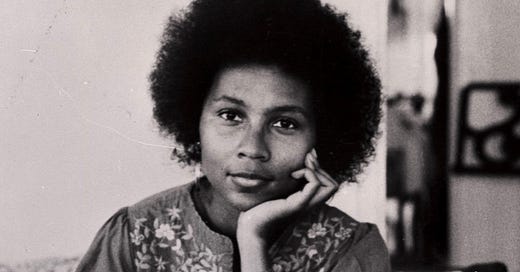The art of thinking has quietly become a rare treasure in a world obsessed with speed. We are taught to value efficiency over depth, speed over understanding. The ability to navigate complex problems through thoughtful examination is often dismissed as a luxury—something only the privileged have time for. But this ability is far more vital than it seems. Critical thinking is not a luxury; it’s a survival tool.
Many believe they are thinking when, in reality, they are only reacting. The surface of a problem offers convenient, comfortable answers. It’s easy to skim across, taking what’s visible and moving on to the next task. But deeper truths lie beneath the surface, truths that refuse to reveal themselves to those unwilling to dig further. Most abandon the effort as soon as they feel they’ve grasped a solution, content with the illusion of understanding. However, this illusion leads to endless cycles of repair, constantly fixing mistakes that could have been avoided with a bit more thought.
The value of true thought is not in its intellectual achievement but in its practicality. Thinking with depth and precision frees us from the mundane chaos that most people face. It’s not about being smarter or faster than others. It’s about stepping off the treadmill of mediocrity, where avoidable mistakes and hasty decisions drain time and energy. Those who think critically are spared from this exhaustion—they don’t waste their lives correcting errors that should never have been made.
There’s an unspoken pressure to solve problems quickly, to move from one issue to the next without pause. It’s understandable; thinking is hard work, and few have the stamina for it. Many stop as soon as they sense a conclusion forming, eager to find closure and move on. But conclusions formed too quickly are often fragile, prone to crumbling under the weight of new information. It is tempting to move on, but doing so without proper reflection only leads to the same shallow conclusions everyone else reaches.
What we risk by not thinking deeply is profound. When we surrender to the allure of speed and convenience, we miss the opportunity to truly understand the world around us. Worse, we miss the chance to understand ourselves. Critical thinking forces us to confront our own biases, to challenge the assumptions we cling to. It requires courage—a courage most people are unwilling to summon because the comfort of certainty is too appealing.
Those who push beyond the obvious are few, and their journey is not easy. To persist in thought when the rest of the world has moved on is an act of defiance. It is a quiet rebellion against a culture that celebrates quick fixes and superficial understanding. These thinkers refuse to be satisfied with the first answer that presents itself. They sit with discomfort, knowing that real insight often lies beyond the initial wave of certainty. They recognize that the mind’s first response is rarely the best one, that it takes time for real understanding to unfold.
Society rewards those who move fast, not those who think deeply. There’s little value placed on patience in a world that demands instant results. But the cost of this impatience is steep. Without deep thought, we fail to see the connections between problems, the underlying patterns that give meaning to the chaos. We are left with fragments of understanding, unable to see the larger picture that could guide us toward more lasting solutions.
It is tempting to believe that thinking critically is something only a select few can do. But that’s a myth, one we’ve told ourselves to justify our unwillingness to engage in hard work. Anyone can develop this skill, but few choose to because it requires a kind of discipline that is uncomfortable. To think well demands that we slow down, that we resist the urge to rush to conclusions. It requires that we wrestle with complexity and sit in the unease of not knowing, something our fast-paced world has made almost intolerable.
There’s a choice we all face, though it’s rarely acknowledged. We can either think as most people do—stopping at the first glimmer of understanding, rushing toward the comfort of easy answers—or we can push further. The road to deeper thought is not glamorous. It doesn’t lead to applause or admiration. But it leads to freedom, a freedom from the endless cycle of correcting mistakes, a freedom from the mediocrity that most people unwittingly choose.
And so, we are left with this quiet, essential truth: the only way to escape the traps that ensnare most of us is to think. Not react, not rush, not skim. But truly think.



